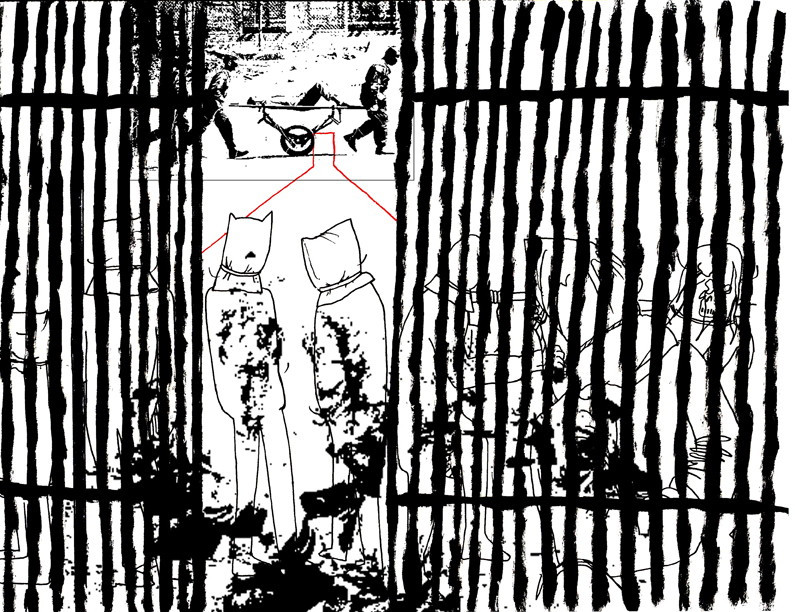Disputing the legitimacy of ‘enhanced interrogation’
Recently, The Uniter ran a comment article asserting that enhanced interrogation does not qualify as torture and should therefore be used as a legitimate method of forcing information from detainees. While it was not written by a student at the University of Winnipeg, I still felt compelled to write a response to such a downright ignorant assertion.
For those who are not familiar, enhanced interrogation refers to techniques most notably used in the “war on terror” to illicit information from those suspected to have ties to terrorist organizations. The Guantanamo Bay detention facility is a prime example of a place where these techniques are used.
There are many similar facilities which are operated by the CIA in the Middle East. The prisoners in these facilities are often arrested without warrant or charge, and are held indefinitely, most never receiving trial.
To suggest that these techniques are necessary to illicit vital information assumes that those conducting the interrogation have reason to believe that the victim possesses such information. By this I mean objective proof, admissible in a court of law, which proves the victim’s ties to a terrorist organization. Most commonly, these interrogation techniques are administered to anybody perceived as a threat for any reason. Most who are subjected to torture have just been cases of being in the wrong place at the wrong time.
Many CIA officials have shed doubts on the effectiveness of doing so. One such official was quoted anonymously by ABC News as saying “[the detainees] get so desperate that they begin telling you what they think you want to hear.” This sums up the inherent flaw of enhanced interrogation: people under extreme duress will say anything to make the pain stop. Other than hearsay from the infamous liars of the Bush administration, the technique has never been shown to produce any important, useful information.
The United Nations defines torture as “any act by which severe pain or suffering, whether physical or mental, is intentionally inflicted on a person for such purposes as obtaining from him … information or a confession, punishing him for an act … or intimidating or coercing him or a third person, or for any reason based on discrimination of any kind.”
Under international law, enhanced interrogation techniques undoubtedly constitute torture. While an individual’s definition of torture may vary, the definition set forth by an international governing body such as the UN is the most reliable.
Not only does enhanced interrogation constitute torture, it leads to murder in many cases. Detainees have died of exhaustion after being forced to stand for three days straight with no food or water. Others suffer infections or bleed to death from cuts and scrapes.
Even if the techniques do not kill the detainee directly, they inflict lasting physical and psychological damage.
One such method, waterboarding, simulates drowning, cutting off oxygen to the brain in the process. There is one recorded case of permanent nerve damage resulting in partial paralysis from waterboarding.
I understand that moral boundaries are blurred during a time of war, but at what point do we start to question such brutality?
Enhanced interrogation is torture, regardless of the original meaning of the word. It is carried out on a guilty-until-proven-innocent basis and has never been proven to save lives. The damage to the victim lasts well beyond the interrogation process, if they survive it at all.
It is time that people stop making excuses for these policies and start holding those responsible accountable for the damage they’ve done.
Liam Scott is a first year arts student at the University of Winnipeg.
Published in Volume 64, Number 14 of The Uniter (December 3, 2009)








